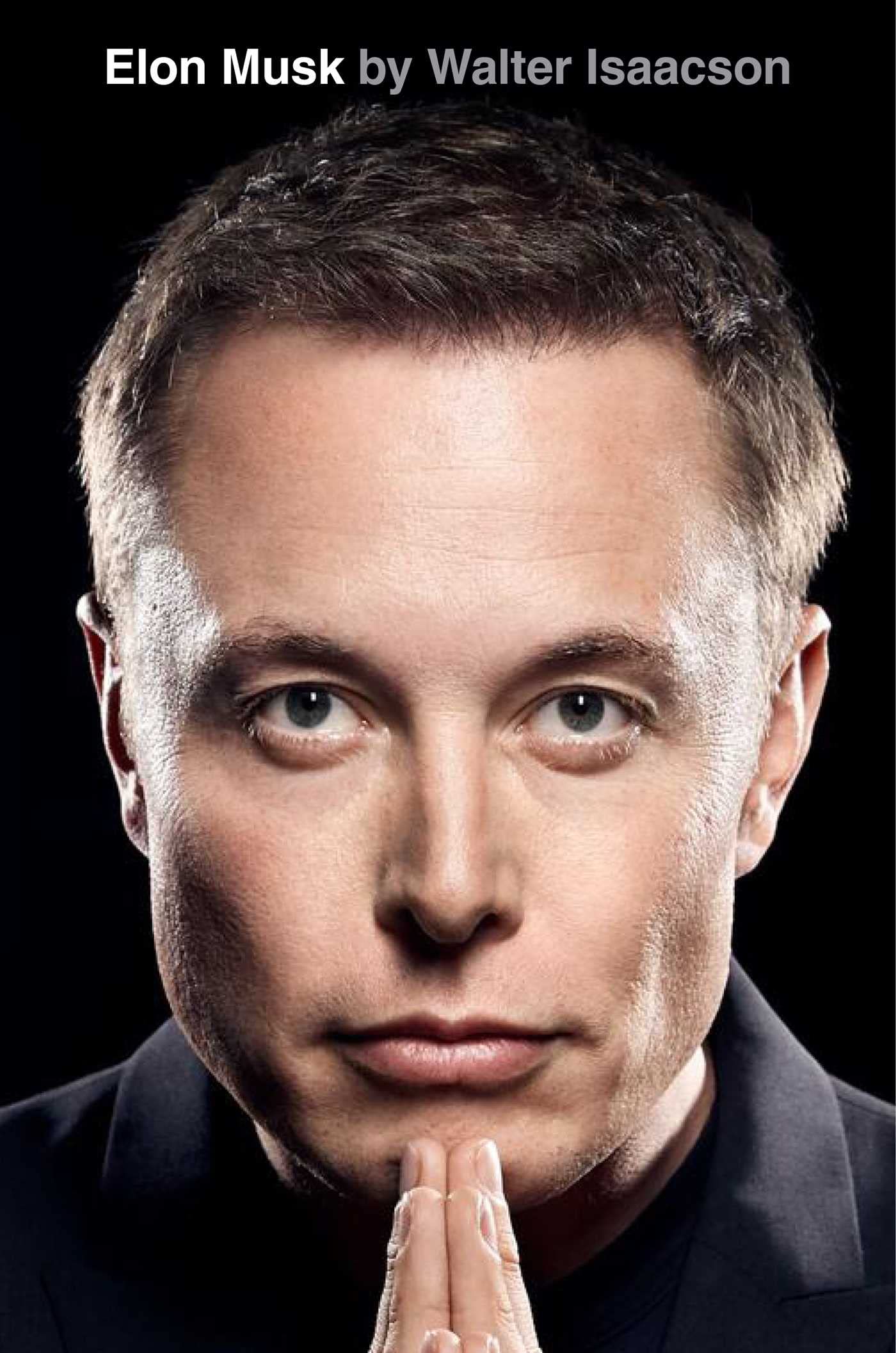9. Go West
byGo West became more than just a geographical move for Elon Musk—it was a bold step toward a future defined by technological disruption and innovation. While many of his University of Pennsylvania classmates were drawn to Wall Street and the promise of financial success, Musk saw greater potential in the emerging tech scene of Silicon Valley. Instead of pursuing a conventional career in finance, he made his way to California in the summer of 1994, determined to immerse himself in industries that aligned with his long-term vision.
Once in Silicon Valley, Musk secured two internships that catered to his diverse interests—one at Pinnacle Research Institute, where he explored advancements in energy storage, and another at Rocket Science Games, where he worked on video game development. At Pinnacle, he conducted research on supercapacitors, investigating their potential as a revolutionary energy source for electric vehicles and space applications, foreshadowing his future work with Tesla and SpaceX. Meanwhile, his role at Rocket Science Games required him to tackle complex programming challenges, sometimes solving problems that even senior engineers found difficult.
Although Musk performed well at both internships, he soon realized that the gaming industry was not where he wanted to make his impact. His passion for technology extended beyond software, and he had a deep fascination with hardware and mechanics, particularly automobiles. He owned a BMW 320i and spent much of his free time modifying it, scavenging parts from junkyards to enhance its performance and sharpen his mechanical skills.
This hands-on problem-solving approach carried over into everyday life, especially during road trips, where he often found himself repairing his car instead of relying on mechanics. After graduating from Penn, Musk embarked on a cross-country drive to Silicon Valley with his friend Robin Ren, a journey that exposed him to both technological marvels and their limitations. One notable stop was at Denver International Airport, where he observed its newly implemented automated baggage system, an ambitious but flawed piece of engineering that frequently malfunctioned due to excessive complexity.
The baggage system’s inefficiencies left a lasting impression on Musk, reinforcing his belief that automation should be practical rather than overcomplicated. This lesson would later inform his approach at Tesla, where he initially pushed for a fully automated production process before realizing that human oversight was still essential. Even at this early stage of his career, he demonstrated an ability to recognize flaws in existing systems and a willingness to adapt his thinking based on real-world results.
As the internet revolution gained momentum, Musk saw an even greater opportunity for transformation. The high-profile IPO of Netscape in 1995 underscored the vast potential of the web, showing how digital platforms could reshape industries and create new business models. Inspired by the possibilities, Musk made a decisive shift—he abandoned his plans to pursue a PhD at Stanford and instead focused on building an internet-based company.
This choice marked a significant turning point, leading to the creation of Zip2, Musk’s first major startup, which sought to bring business directories online. In an era when most companies still relied on print advertising, he recognized the potential of the internet to streamline how people found and interacted with businesses. His vision was to merge mapping technology with online directories, laying the groundwork for what would later become the standard in digital navigation and local search.
Moving to Silicon Valley was more than a career decision—it was a mindset shift that propelled Musk toward his most ambitious endeavors. He embraced the region’s culture of risk-taking and innovation, which resonated with his own belief in challenging the status quo. Rather than settling for a secure career path, he positioned himself at the forefront of emerging technologies, an approach that would define his future ventures.
Musk’s early experiences in Silicon Valley showcased his ability to combine technical expertise, adaptability, and a relentless drive to push boundaries. Whether it was fixing cars, coding advanced algorithms, or researching energy solutions, he tackled every challenge with a hands-on mentality and an insatiable curiosity for how things worked. These formative years played a critical role in shaping his entrepreneurial mindset, reinforcing the idea that persistence and bold decision-making were key to achieving groundbreaking success.
While many of his peers sought stability and financial security, Musk thrived in uncertainty, drawn to industries with the potential to disrupt the world. His decision to leave academia and dive into the fast-moving world of startups was a calculated risk that ultimately paid off. Looking back, his choice to go west was more than just a move to Silicon Valley—it was the first step in a journey that would lead to some of the most transformative innovations of the modern era.


